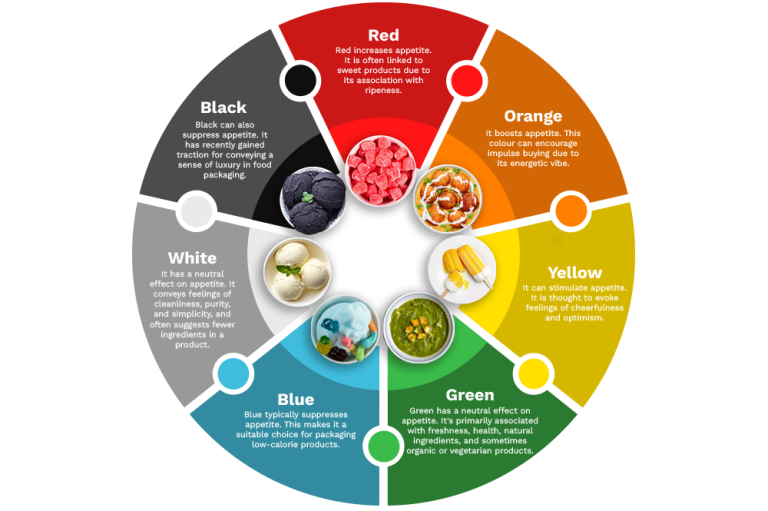
Have you ever taken a bite of something and suddenly felt like you were transported to your childhood? Maybe it was the aroma of your grandmother’s biryani, the taste of a warm chocolate chip cookie, or the tangy burst of homemade pickle. These experiences are more than just cravings — they’re deeply tied to memory and emotion.
Welcome to the fascinating world where food and memory intersect — a place where taste acts as a time machine, connecting our senses with the past in the most unexpected and emotional ways.
The Science Behind It: How Taste Talks to Memory
Our brain is wired in a way that makes food especially powerful in triggering memories. The key players here are:
- The hippocampus – responsible for forming memories
- The amygdala – processes emotions
- The olfactory bulb – detects smell and connects directly to both the hippocampus and amygdala
When you eat, you’re not just using your taste buds — you’re also engaging your sense of smell, texture, temperature, and even sound. This multi-sensory experience creates strong, lasting imprints in your memory.
In fact, smell is the only one of our five senses that bypasses the brain’s thalamus and connects directly to emotional and memory centers — which is why just the scent of a dish can bring a flood of memories.
Real-Life Examples: More Than Just Food
- The smell of fresh bread might remind someone of early mornings at home
- The taste of spicy curry could bring back memories of festive family gatherings
- The crunch of fried snacks might evoke street food adventures from college days
These memories are not always conscious — they’re often triggered suddenly, deeply, and emotionally.
Why It Matters: Food as an Emotional Anchor
Food plays a central role in many aspects of our lives:
- Family traditions
- Cultural identity
- Celebrations and rituals
- Comfort during stress or grief
Because of this, food becomes more than fuel — it becomes a symbol of belonging, love, care, and memory.
Comfort Food and Nostalgia
Ever wondered why we turn to specific dishes when we’re feeling down? That’s emotional eating, but not always in a negative sense. “Comfort foods” like soup, rice with ghee, or childhood snacks often:
- Reconnect us to a simpler time
- Remind us of people who cared for us
- Provide emotional warmth during chaos
They’re not just satisfying your hunger — they’re feeding your soul.
Cultural and Personal Memory
In every culture, food acts as a keeper of stories. Recipes are passed down like heirlooms, often without measurements — just a “pinch of this” and a “dash of that.” Each dish carries the history of a people, a region, and a personal journey.
That’s why diaspora communities cling to food traditions — it’s a way to stay rooted in identity, no matter where they are.
Food, Memory, and Mental Health
Interestingly, researchers are now exploring how food can aid in therapies:
- Cooking can stimulate memory recall in Alzheimer’s patients
- Sharing food stories can help in grief counseling
- Reconnecting with positive food memories can reduce anxiety and depression
Final Bite
Food is far more than what’s on our plate — it’s a powerful emotional and psychological experience. Every flavor carries a story, and every meal can open a memory. The next time you eat something and feel a wave of nostalgia, take a moment to savor it — not just for the taste, but for the time travel it brings.





